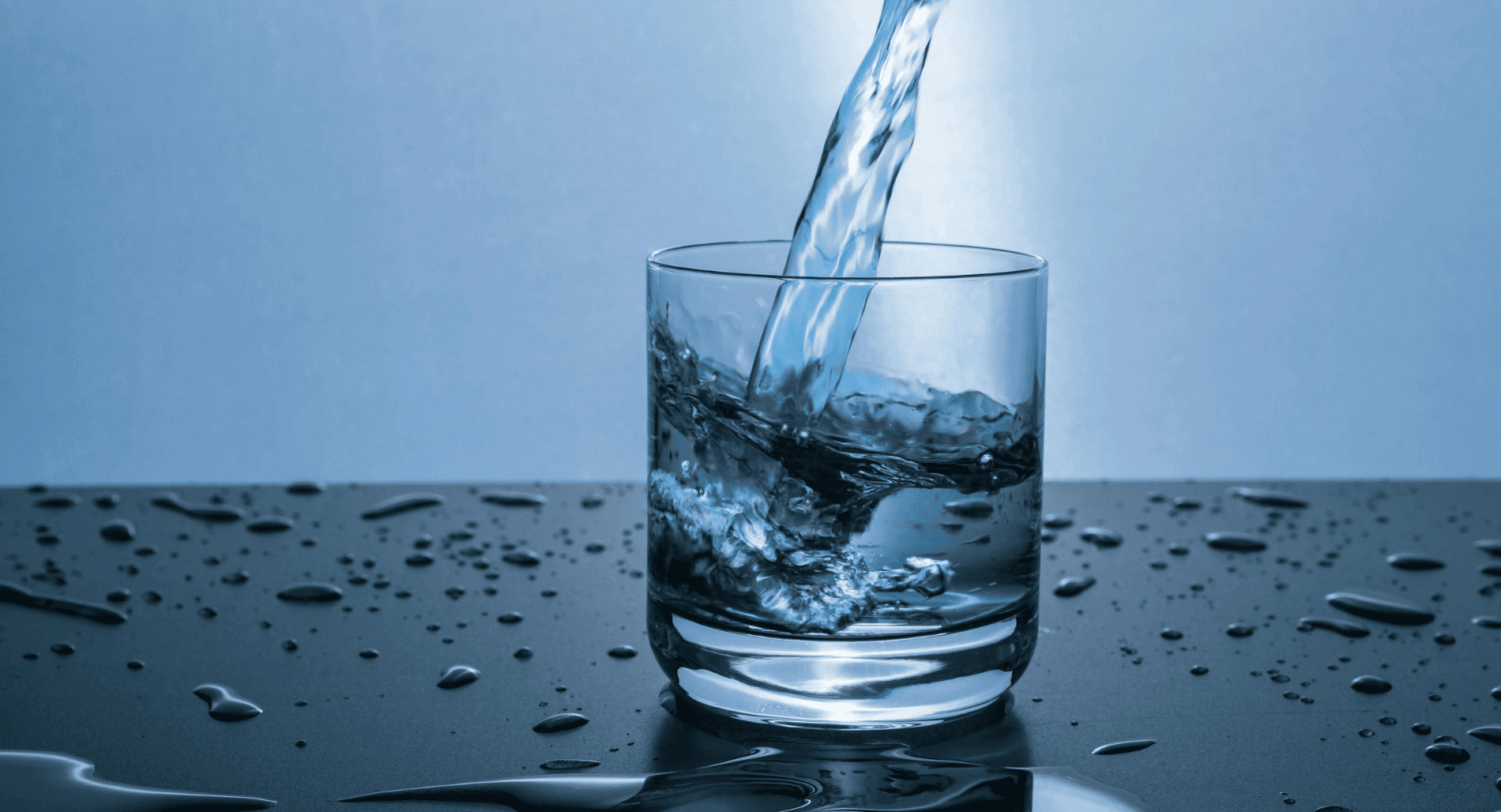
Hydration plays an important role in maintaining bodily functions. When you drink enough water, it helps with processes like digestion, temperature regulation, and joint lubrication. However, hydration also affects less obvious areas, including your ears.
Benefits of Staying Hydrated for Ear Health
Maintaining adequate hydration can have several positive effects on your ears. Here are some of the most important benefits.
Enhanced Hearing
Proper hydration ensures that the fluid in your inner ear remains at optimal levels. This balance allows your ears to function correctly and enables you to hear more clearly. Regular water intake can improve your ability to detect sounds and prevent temporary hearing loss due to dehydration.
Reduced Risk of Ear Infections
Drinking enough water bolsters your immune system, which helps to ward off infections. A strong immune system prevents bacteria and viruses from causing ear infections. Staying well-hydrated reduces the risk of painful and damaging ear infections.
Improved Overall Health
Hydration is vital for overall health, impacting everything from your skin to your internal organs. By staying hydrated, you support all your bodily systems, including those related to your ears. This comprehensive support helps ensure your ears function optimally.
Impact of Dehydration on Ear Health
Dehydration can cause significant harm to the body. When your body lacks water, it can negatively affect your ears in several ways.
Hearing Issues
Your inner ear contains a fluid that helps detect sound vibrations. Proper hydration levels are necessary to maintain this fluid balance. When dehydrated, this fluid can become less effective, leading to hearing difficulties or even temporary hearing loss.
Ear Infections
Water helps to flush out toxins and maintain a healthy immune system. When dehydrated, your body is less efficient at flushing out bacteria and viruses. This inefficiency can lead to ear infections, which are painful and can damage your hearing.
Tinnitus
Tinnitus is the perception of noise or ringing in the ears. Dehydration can exacerbate this condition by reducing blood flow to the ears and disrupting the fluid balance in the inner ear.
Tips for Staying Hydrated
- Carry a Water Bottle: Keep a water bottle with you to make it easier to remember to drink water throughout the day.
- Set Reminders: Use your phone or a watch to set hourly reminders to drink water.
- Eat Water-Rich Foods: Include fruits and vegetables high in water content, such as cucumbers, oranges, and watermelon.
- Drink Before Meals: Try to drink a glass of water before each meal to help you stay hydrated throughout the day.
- Track Your Intake: Use a water tracking app to monitor how much water you drink daily. These apps can help you meet your hydration goals and alert you if you’re falling behind.
Signs of Dehydration to Watch For
Knowing the signs of dehydration can help you take action before it affects your ears. Common symptoms include:
- Dry Mouth and Thirst
- Fatigue and Dizziness
- Dry Skin
- Headaches
If you notice these signs, it is essential to increase your water intake and monitor your symptoms.
Conclusion
Staying well-hydrated is essential for maintaining good ear health. Adequate water intake can prevent hearing issues, reduce the risk of infections, and support overall health. By understanding the benefits of hydration and following simple tips to stay hydrated, you can improve your ear health and enjoy better hearing throughout your life. Remember to drink enough water every day to keep your body and ears in top condition.
